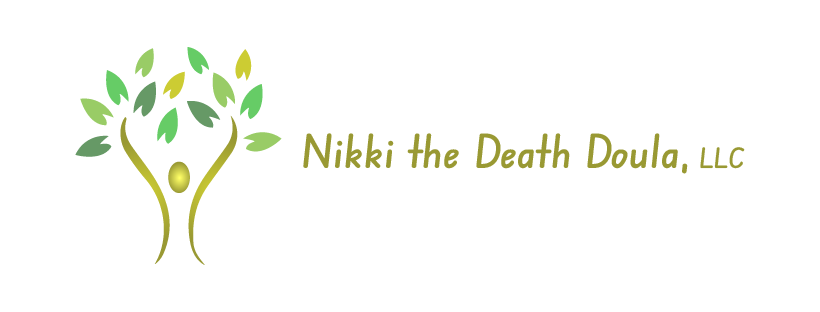Why End-of-Life Planning Matters for Everyone
Yes, even you.
Let’s be real—nobody likes thinking about death. (I mean, except me but we know that now) It’s the ultimate conversation killer (pun fully intended). But here’s the thing: avoiding the topic doesn’t make it any less inevitable. And while you might assume that end-of-life planning is something only older folks or people with serious illnesses need to worry about, the truth is, it matters for everyone.
Planning for the Unexpected
Life is unpredictable. Accidents happen. Illnesses strike without warning. Even if you’re young and healthy, having a plan in place means that if the worst happens, your loved ones won’t be left scrambling to figure out what you would have wanted. Instead of second-guessing difficult decisions, they can focus on grieving and healing. My family knows this all too well when we had to clean up my brother’s affairs while still reeling from his sudden death.
Taking the Burden Off Your Loved Ones
Imagine this: you pass away unexpectedly, and your family is left to sort through legal paperwork, funeral arrangements, and financial matters—all while mourning your loss. Without clear instructions, they might struggle with big decisions:
Would you want to be buried or cremated?
Who should make medical choices for you if you can’t?
What happens to your digital accounts and assets?
When you take the time to put your wishes in writing, you give your loved ones a priceless gift: clarity. Instead of being overwhelmed by uncertainty, they’ll know they’re following your wishes.
It’s Not Just About Death—It’s About Control
End-of-life planning isn’t just about what happens after you die—it’s about ensuring you have a say in your care if you become incapacitated. If you’re ever in a situation where you can’t make medical decisions for yourself, an advance directive or living will lets doctors and loved ones know exactly what you want. Do you want all possible life-saving interventions, or would you prefer a more natural process? Without a plan, those decisions might be made by someone who doesn’t fully understand your values or beliefs.
Money Matters (Even When You’re Gone)
If you don’t have a will, your assets could get tangled up in legal red tape for months—or even years. The government decides who gets what, and it may not align with your intentions. Having an estate plan in place means you can ensure your money, property, and possessions go where you want them to go, rather than letting the courts decide.
It’s Easier (and Less Morbid) Than You Think
End-of-life planning doesn’t have to be a grim task. In fact, many people find that once they start, it actually brings a sense of relief and empowerment. You don’t have to tackle everything at once—start small:
Name a healthcare proxy (someone to make medical decisions for you if you can’t).
Write down your basic funeral or memorial preferences.
Make a simple will or update an existing one.
Taking these steps now ensures that whenever the time comes—whether decades from now or sooner than expected—you’ve done everything possible to make things easier for those you love.
Because in the end (literally), planning ahead isn’t about death. It’s about making life smoother, less stressful, and more intentional—for you and everyone who cares about you.
If you’re up for it and have a fun sense of humor, I like hosting “wine and wills” parties at my house from time to time. Try having your friends over to loosely talk about your wishes and fun ideas for your end of life or after life plans!! Once you get the ball rolling on those discussions you’d be surprised how much fun it can end up being. And a great way to get to know your friends a little better.
Need help with getting started on these important decisions? Please feel free to reach out. It’s just one of the many services I provide.
